Memento
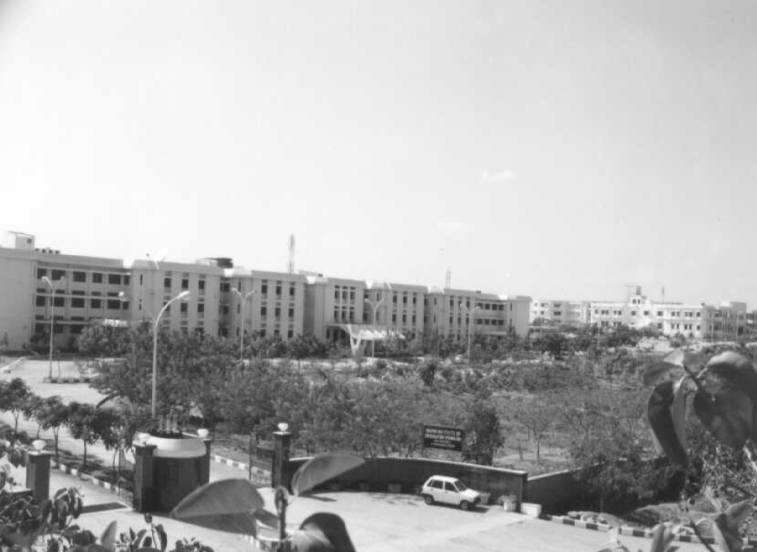
Disconnected – this is the the first thing that comes to my mind when I think about what I hoped college would be like, versus how it turned out to be. When I landed in Hyderabad, I was terribly excited, with the warmest welcome I could ever hope from a very enthusiastic Apex Body. I was soon a part of the college culture: writing the Vayu Freshers skit, getting involved in jolly senior-junior banter, learning the custom of calling seniors Sir and Ma’am and the nervousness of intro-ing to the scary 4th years; it all seems like it happened just yesterday.
And now, in my 4th year, listening to facche and ducche sharing their woes, I noticed something very striking – that we weren’t really passing on what we learnt. This would exclude tips to crack so-and-so interview or how-to-get-that-amazing-internship, of course. New students today have no idea about the dynamics of college life just a while back – no knowledge of how things came to be, how the institute and its community have evolved and changed with time.
The Vindhya Canteen, that decrepit shed, has now been renovated and rechristened as Hi! IIIT. The abandoned building skeleton gave way to T-Hub. From professors taking attendance occasionally, to following a seating arrangement as a norm. From rock to EDM in Felicity. From the ICPC programming aspirations to the evolving GSoC craze. From facche in OBH to them now in Bakul. All of this has happened in the three and a half years I’m here: I don’t even know what transpired before. It’s heartbreaking to know that there is so much I don’t know about the college, present only in the mind of an unknown senior.
Things have improved, but some have changed for the worse. The lack of enthusiasm in college events has plummeted to new depths. Recent initiatives, like the “club revival strategies“ may look like a game changer, but the momentum requires more to sustain. If the ethos of the initiatives are not clear or communicated properly, it will lose the interest of the community at large. No one will care about it.
Let us look at the Constitution Drafting Committee (CDC) for example. The committee languishes in philosophical discussions, while the promise of a student constitution, as it has for seven years, remains unfulfilled. The newer crop is not aware of the CDC’s existence, let alone the ideological foundation that led to its inception. Inductees, selected through an informal, elitist and opaque procedure, come with fresh ideas – yet have no sense of direction. The opacity is the one common theme pervading all of IIIT’s bodies.
Ping! itself is another good example. No continuity in its iterations, erratic publication cycles and a lack of aim plagues this magazine/newsletter. Is Ping! a mere ‘creative platform’? Or is it a ‘news source’? Is it both of these, none of these or something else entirely? What is the structure and working style of the team? What are the roles of its editors? Does the role change? Is there an enforced editorial policy? Does the editorial policy change? A magazine/newsletter (see, the classification problem is apparent) can’t function well without these things sorted out, among other things.
Back to the meta-problem at hand. When you know that what you are doing won’t leave a legacy, you aren’t as enthusiastic anymore. It’s selfish. It’s human. The sense of change for worse or better, has always been the missing ingredient. A sense of apathy creeps in, when there is no sense of legacy, where there is no urgency. This college-wide disinterest is the manifestation of an Orwellian dystopia; a culture without its own history, a culture without an identity. Where in the orwellian world, history was perpetually rewritten, here, it’s lost for never having been written in the first place.
Some of the apathy can also be attributed to the changing dynamics of the larger society we live in, a society where increasingly, the ends justify the means. A college becomes a black box towards obtaining a degree, and living in college becomes a marginal objective. College is largely seen as a service to be availed, with clubs and other structures viewed as auxiliary services and a responsibility of the other batchmate and not our own.
Something else that I would like to point out is the big disconnect with our own college alumni. The sense of identity, to be part of a collective, of belonging to an institution, seems to be missing, and a lot of that fault lies on the alumni, current students and college. Where are our college organized 10 year reunions? Where is that speech given in our open air auditorium where the visibly emotional alum asks, “Yaar, Room No. 210 me abhi kaun rahta hai? Chal khaane chalte hai aaj!”? Where is that space, where we recount the bondiyat of that senior who did something unconventional?
Maybe, creating a sense of history, through documentation of the said history, would start the destruction of apathy. Quoting the editorial from Ping Nov’09, “Over the years, IIIT’s newsletter, no matter what its name might be, has sought to remove this one trait which is born out of lack of awareness.” It’s this legacy which we need to be revive, however, there are couple of things we need to diverge from, as always has been the case.
What we really need is a student-run media body. Now some may ask, we already have a media body comprised of students. A media body comprised of students, does not imply in any way that it is student run. The institute has reduced its existence to a propaganda spewing machine, where money and the institute’s publicity overshadows independence in terms of opinion and thought, be they those which question the institute or herald it?
Now, I don’t mean the space should be used to just rant and criticize. It should provide a mechanism to report, to put up uncomfortable questions, to blow the whistle, making sure the cause reaches the audience it deserves. As easy as it might be to place all the blame for any perceived issue on outside parties – faculty, the administration, “environmental” or “cultural” factors – if we are to get anywhere near useful, truthful answers, we need to question ourselves – the student community, and students as individuals – at least as much. The student media team should however, not forget to remember and engrave the events and changes in college that take place for the better. Hopefully, thus, we slowly mould a legacy for our own juniors and thus, our alma mater.
I’m not sure if Ping! could be the media body I envision, but I sure as hell hope that it tries. We should however, start, by salvaging whatever history we have documented, in the form of Echoes, Interface and early editions of Ping!, the various iterations of what I’ll call a nascent movement towards a fair student media.


 Vipul Kedia on building Felicity | The story of how it all began…
Vipul Kedia on building Felicity | The story of how it all began… 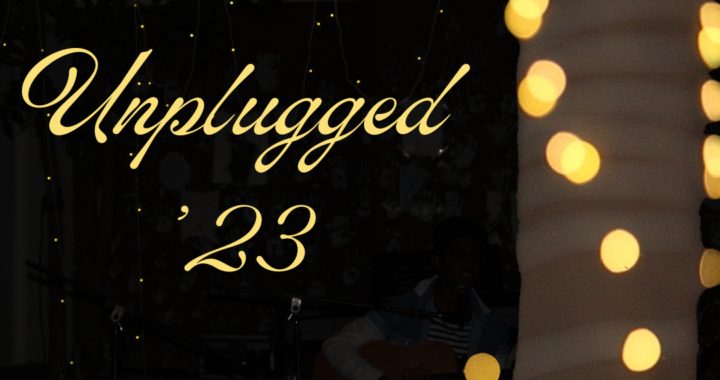 Unplugged ’23
Unplugged ’23  10 Years of Ping!
10 Years of Ping!  Echoes: A Letter from the Past – The Library
Echoes: A Letter from the Past – The Library  Who are We?
Who are We?  Mama, Put My GPTs in the Ground
Mama, Put My GPTs in the Ground 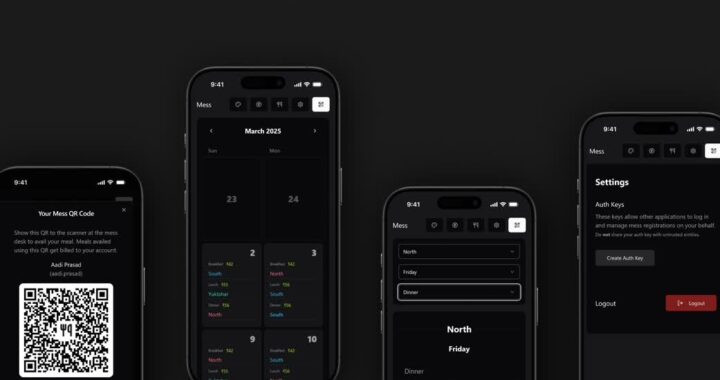 Have you tried turning the mess off and on again?
Have you tried turning the mess off and on again? 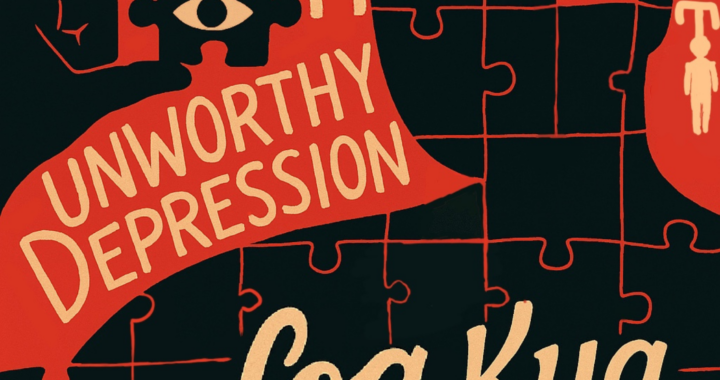 Log Kya Kahenge?
Log Kya Kahenge? 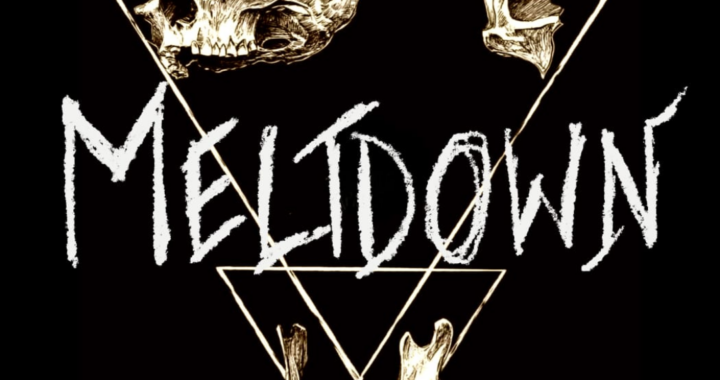 Can you hear the music?
Can you hear the music?
3 thoughts on “Memento”
Comments are closed.